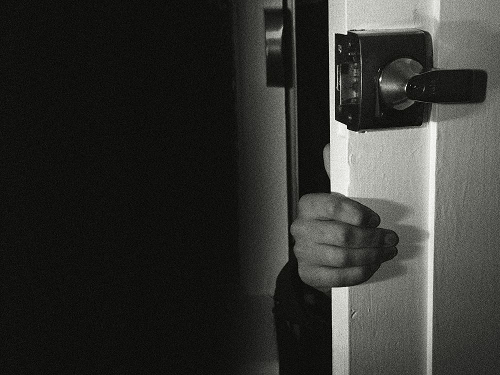
7.1.20 – Bloomberg –
Better Alarms and Less Cash at Home Bring Hard Times for Burglars. In the internet age, there are easier ways for crooks to make money.
Crime of all kinds has declined a lot in the U.S. over the past quarter century, but no other crime has seen quite the collapse that burglary has. The rate is now about one-fifth what it was in 1980 and is still falling. Why have burglars fallen on hard times?
It’s probably not policing, because only 13.9% of burglaries resulted in an arrest in 2018, a percentage that’s barely budged in decades. And until recently, it wasn’t home security systems either. When criminologist Scott Decker was interviewing burglars for the 1994 book Burglars on the Job: Streetlife and Residential Break-ins, they told him that they targeted houses with alarm-company signs on them because those were more likely to have valuables inside, plus the alarms were seldom turned on. Decker, now an emeritus professor at Arizona State University, believes the new generation of internet-enabled, cellphone-directed alarm systems and doorbell cameras are much more effective. “This is an area where technology really has played a role in consistently knocking down burglary rates,” he says.
Opportunity plays a role, too. Cash has long been a favorite burglary target, and people are less and less likely to have lots of it in the house. As the victim of a stereo burglary when I was a teenager in the late 1970s, I also have the sense (and it’s supported by property-loss statistics from the Federal Bureau of Investigation) that today’s electronics devices make for less attractive burglary targets than those of past decades because they quickly become out-of-date.
Opportunity also matters in the sense that people have other ways to make money. One 2009 study found an association across multiple countries between falling burglary rates and rising consumer confidence, indicating that a stronger economy may lure would-be burglars into legitimate work. New opportunities for other illicit work, from drug distribution to identity theft, have also opened up.
That’s not to say burglary has gone away. It’s still the second-most-common crime tracked by the FBI, after simple theft. And while Covid-19 and the accompanying stay-at-home orders brought residential burglaries (which accounted for 65% of the total in 2018) to a near standstill this spring, they appear to have enabled a boom in commercial burglaries.
Fox is a columnist for Bloomberg Opinion.
